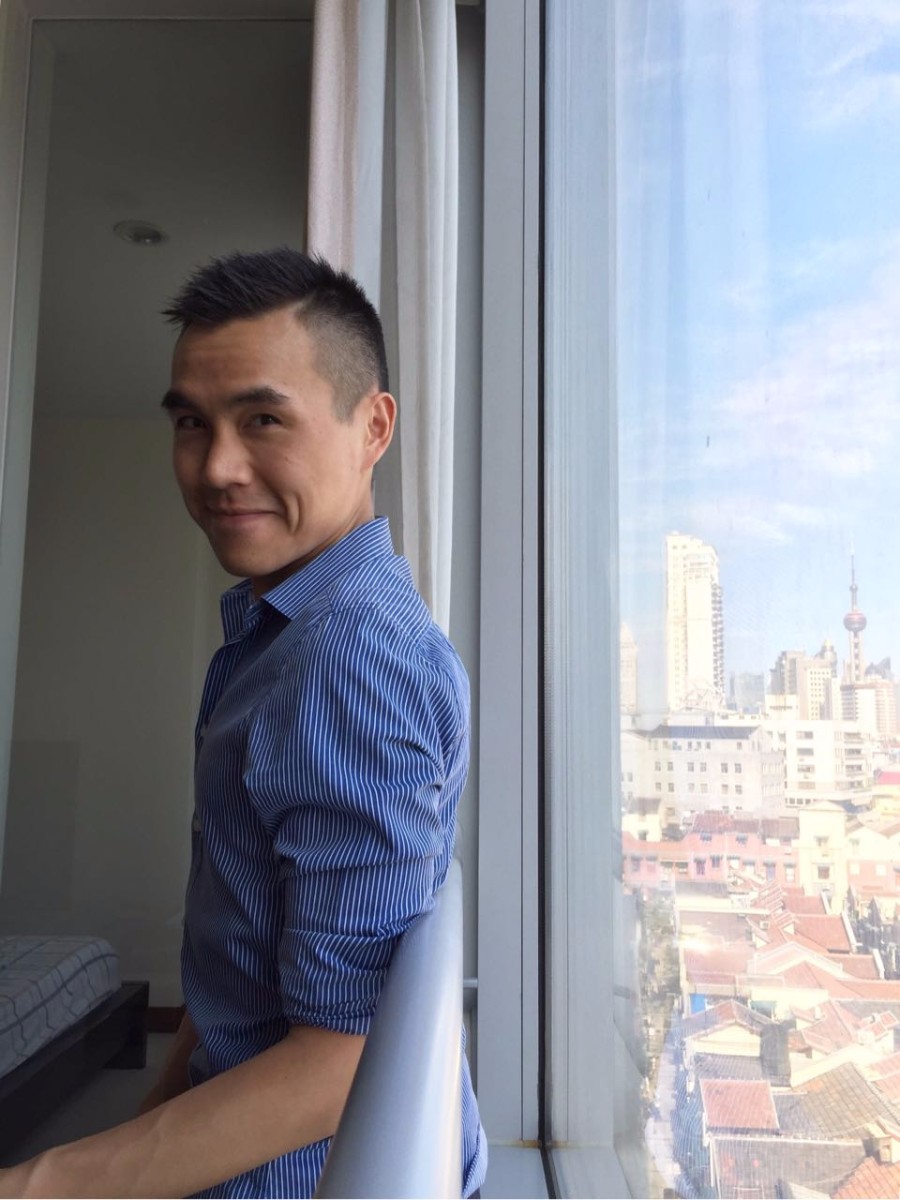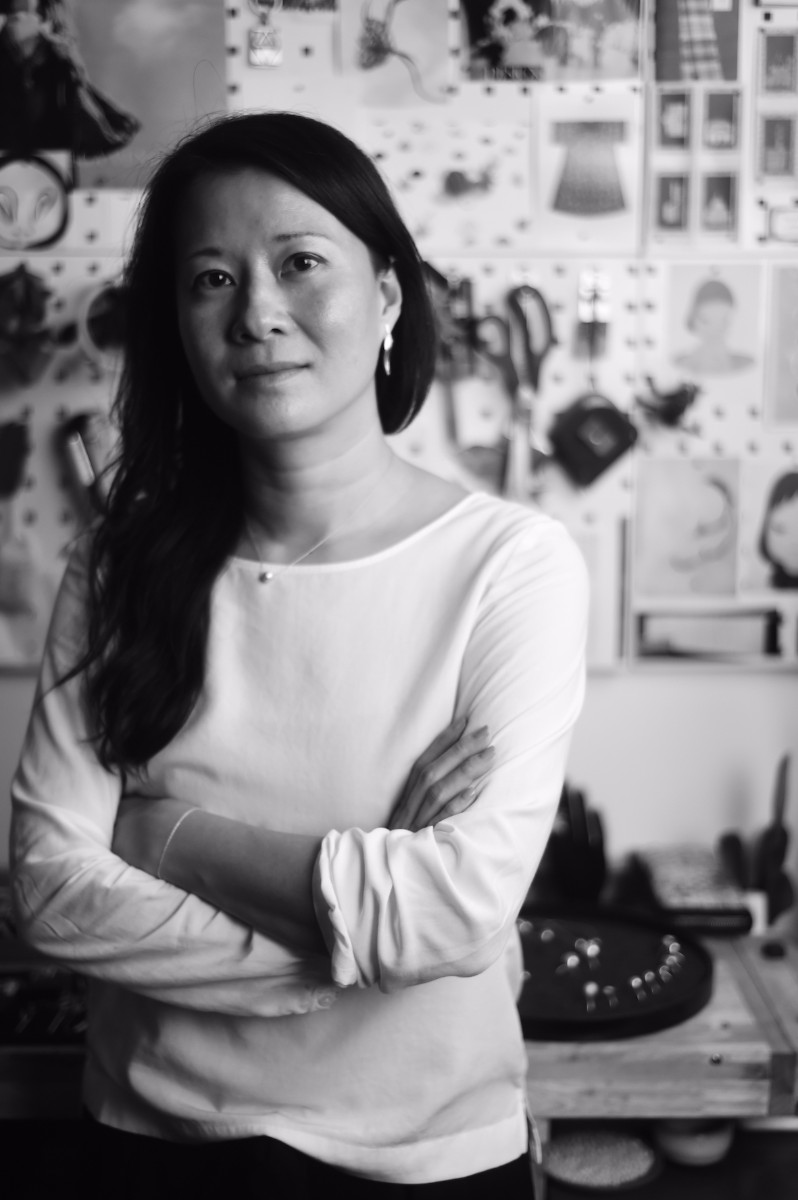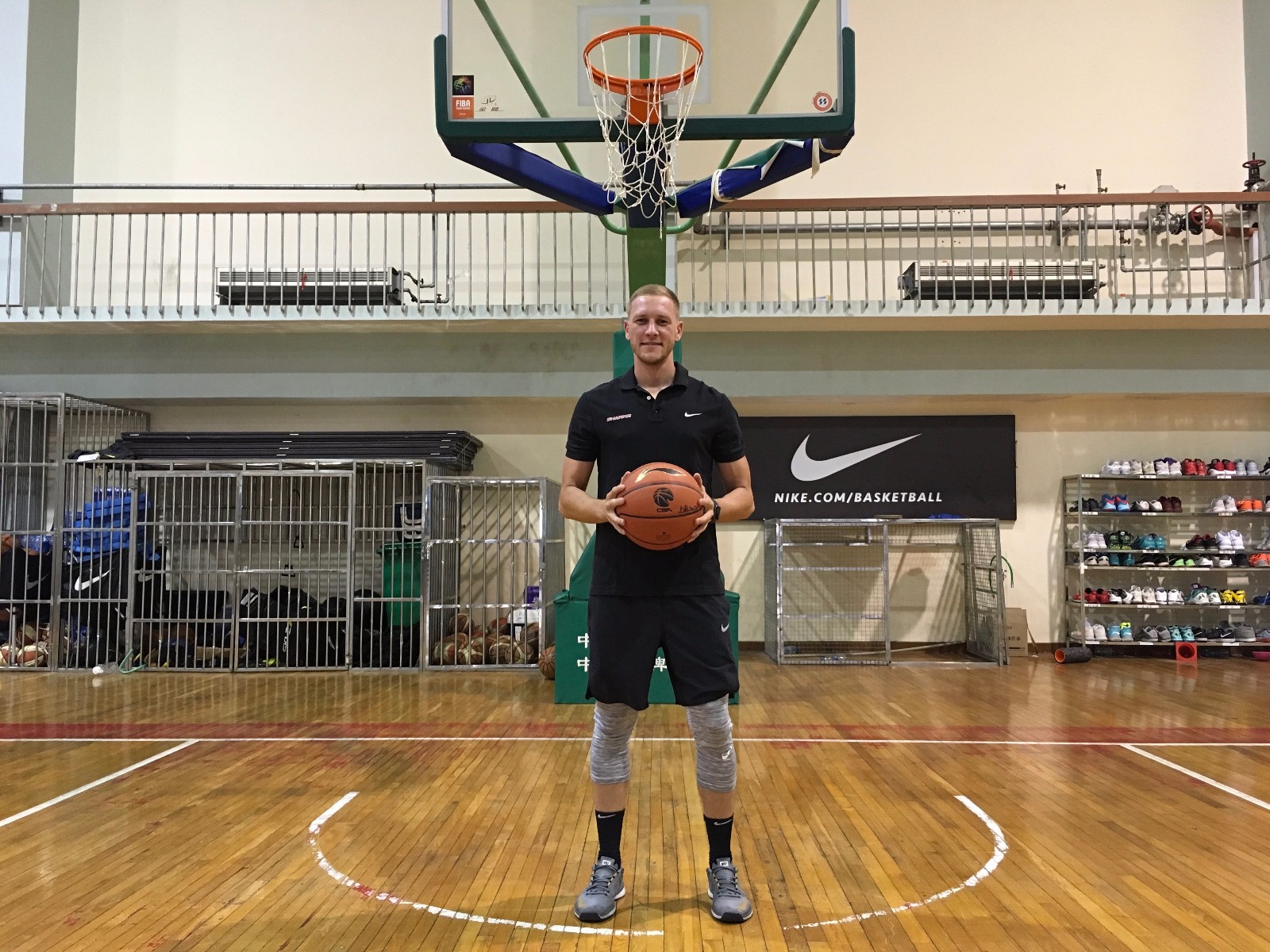If working and living in a foreign country with young children is an unavoidable path for some families, then raising their Third Culture Kids (TKC) well is a real challenge. Nevertheless, we have learned from Shirani Alfreds, a mother of two young TCKs, and Amanda Abel, a family acculturation expert, that the challenges are conquerable with a little bit of effort. However, some might wonder, what do the Third Culture Kids think themselves?
We talk to three Adult Third Culture Kids to find out what this group of world citizens truly think of their identity, upbringing and cultural belonging.
Dominic Ngai: Editor in Chief at That’s Shanghai Magazine

If people ask you where are you from, does your answer reflect your nationality?
It's quite common for TCKs to have at least two passports, myself included. When asked where I'm from, I always give a long-winded explanation that I was born in Hong Kong and I grew up in Toronto, Canada. This happens more often in places like China where dual citizenship is uncommon.
Are your personality, career path and social network directly influenced by the fact that you grew up as a TCK?
I think it affected my personality, along with my worldview and the way I look at different situations. I always find myself looking at things from more than one perspective.
Does being a TCK affect your sense of cultural belonging?
Both my roots in Hong Kong and my upbringing in Toronto are equally important elements of my identity. I think many TCKs are generally quite good at adapting and adjusting to new environments, because we've been training to do so since we were young. For example, personally, I find it quite easy to develop a sense of belonging to a new city, even if I'm only traveling there for a few days.
Do you remember a specific challenge that you had to overcome as a TCK?
We first moved to Toronto from Hong Kong when I was 9 years old. It was very cold and snowy as we landed in March, and I joined a class of strangers in the middle of the school year. I missed my friends and relatives back in Hong Kong a lot. That was quite tough. Whenever I'm adapting to a new situation now, I remind myself if the 9 year old me survived, there's no reason why I can't do it now.
Are there any personal traits from being a TCK that you take pride in?
I think being able to speak, read and write English, Cantonese and Mandarin is a pretty good advantage to have, and it wouldn't have been possible if I had a different upbringing.
Angie Wu: Designer and Founder of AWU Fine Jewelry

If people ask you where are you from, does your answer reflect your nationality?
Yes, it does. However, people are still confused whenever I answer this question as I have dual nationality, Taiwanese and Canadian. If I answer I am from Taiwan, people ask me why I speak English so well, I then clarify I am also from Canada. I am then asked why I have a strong Latin accent in my English, so I have to explain I also have Argentinean influences, then I see a look of confusion.
Do you remember a specific challenge that you had to overcome as a TCK?
For me, the real challenge of being a TCK was always integrating into a new destination. No matter how long I lived in a place and how well I knew the culture, I would always feel like an outsider among the locals. Like a chameleon, I could easily blend in and mingle with people from different cultures effortlessly and act like one of them, but deep down, I never felt like I belonged. Most of the time I felt like an alien from another planet.
Are there any advantages from being a TCK that helped you in your career?
The ability to speak four major languages fluently and understand different cultures like a native opens doors wherever I go. It has assisted my career greatly, both as a project manager in cross-national collaborations in my previous jobs, and as a jewelry brand founder now that targets both Asian and Western markets.
How has your multicultural background inspired your jewelry?
My multicultural background greatly influences my personal style and taste. Being raised and educated in Taipei, Buenos Aires and Montreal has shaped my worldview and personal style. I feel it has merged the four very different cultures I experienced into one unique identity that embraces the poetic and exotic Asian, the passionate and playful Latin, the refined and romantic French and the disciplined English.
In the fashion and style industry, trends vary geographically and culturally, how do you balance your Western and Asian aesthetics?
To be honest, I never follow fashion trends or design to please a certain market or culture. My creations are my self-expressions and they reflect my sense of aesthetic and value. I express myself through my designs like writers express themselves through words. My works have a universal look and attract both Asian and Western clientele, perhaps due to my universal background, and I am very grateful for that.
Felix Falkenberg: Sport Scientist and Strength and Conditioning Coach at Shanghai Sharks (pro-basketball team)

If people ask you where are you from, does your answer reflect your nationality?
I was born in Germany and my family's history all stems from Germany. When people ask me where I'm from I don't think twice to answer, "I'm German." Some people would ask me again since I speak English without a German accent, but my upbringing has been enriched with German traditions and values through my parents.
Do you remember any specific challenges you had to overcome as a TCK?
The main challenge as a TCK is finding a sense of home in a foreign country, especially when studying at international schools amongst many other cultures from around the world. Although that was the initial challenge after leaving Germany, getting used to adapting and being open to other cultures became second nature. The most challenging part was dealing with friends moving away due to their family relocating.
Did the frequent changes of environment during your upbringing influence the person you wanted to be?
No, it never hindered who I wanted to become, it positively shaped the person I am. I enjoyed all the different cultures and learning from each experience.
What led you to a career in sports?
Throughout my entire childhood, sports were always a very important part of my life. In every country and school, the most important thing for me was the sports programs. I placed a lot of value on being a member of a team and achieving success for the team, the school and myself. When it came time to choose a university/career, Sport Science and Performance was the logical destination for me.
What is one thing that you have taken with you from each country to further your career in sports?
Every country I've spent significant time in (Germany, China, Holland, UK, Singapore and US) have offered me very different values. Growing up, I was very inquisitive about different countries' cultures, religions, traditions and the one common theme - sports. I loved sports and tried to learn as much local sports culture as possible, which enabled me to keep the passion for sports at the forefront of my personality.


















